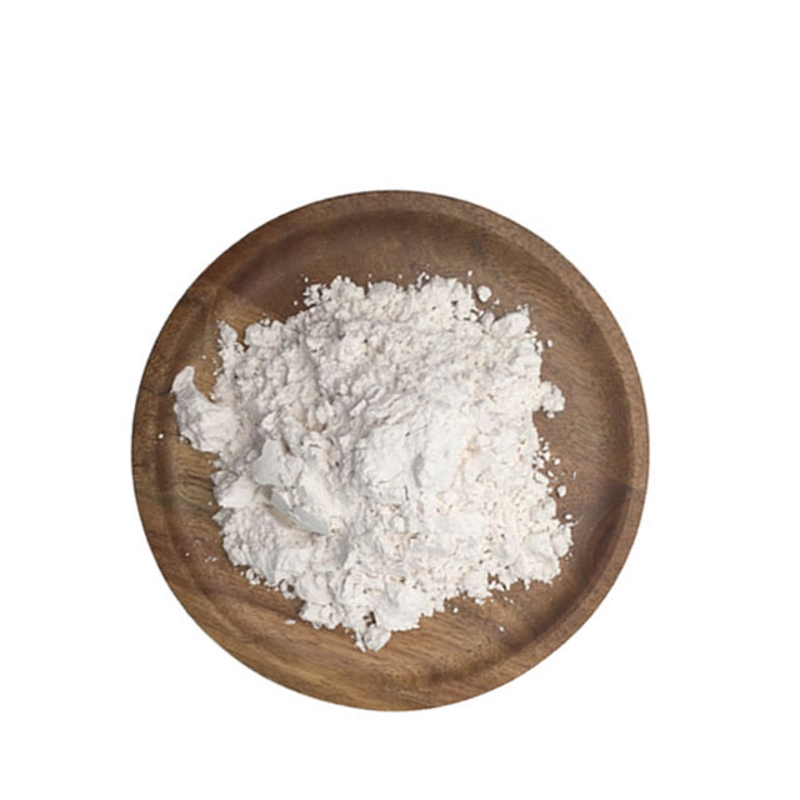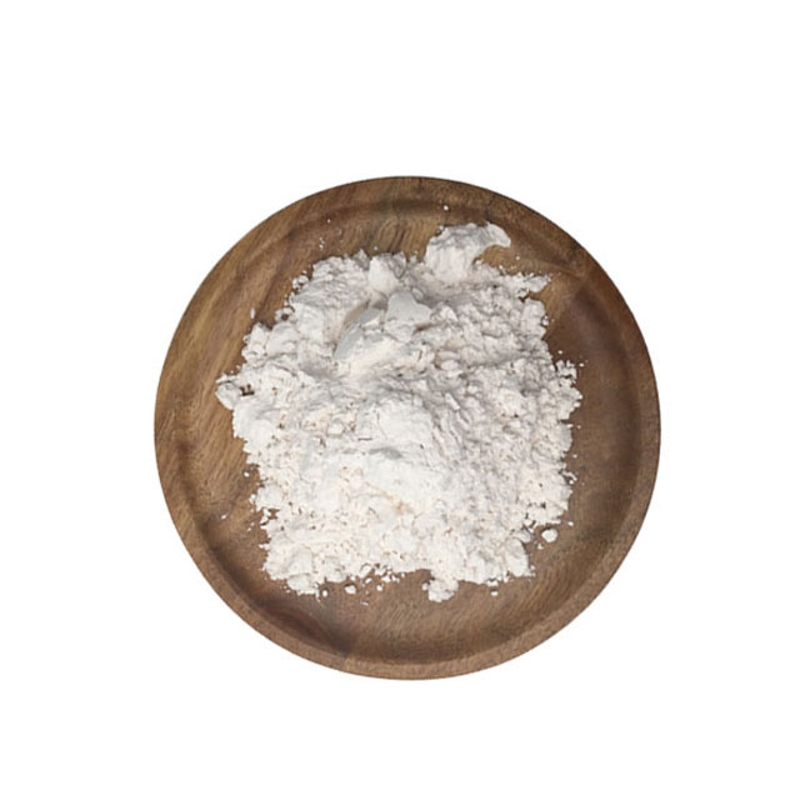-
Categories
-
Pharmaceutical Intermediates
-
Active Pharmaceutical Ingredients
-
Food Additives
- Industrial Coatings
- Agrochemicals
- Dyes and Pigments
- Surfactant
- Flavors and Fragrances
- Chemical Reagents
- Catalyst and Auxiliary
- Natural Products
- Inorganic Chemistry
-
Organic Chemistry
-
Biochemical Engineering
- Analytical Chemistry
- Cosmetic Ingredient
-
Pharmaceutical Intermediates
Promotion
ECHEMI Mall
Wholesale
Weekly Price
Exhibition
News
-
Trade Service
Lipoprotein E (ApoE) is one of the highest proteins in the human brain, and its variant lipoprotein E4 is the biggest risk factor for Alzheimer's disease, but its pathogenic mechanism has not been clear.
recently, a team of researchers at the University of Science and Technology of China, Professor Liu Qiang, found that this "pathogenic protein" inhibits the metabolism of neuron cells, revealing the underlying causes of learning and memory impairment in Alzheimer's patients.
two main types of cells, neuron cells and glial cells in the human brain.
neuron cells are responsible for receiving stimuli, generating excitement and transmitting information in the form of nerve impulses, while the main function of glial cells is to support neurons through material metabolism.
lipoprotein E is secreted mainly by glial cells and then transmitted to neuron cells.
" this transport not only provides nutrients to neuron cells, we found that lipoprotein E can also inhibit the anabolic pathways of neuron cells themselves, thereby enhancing the neuron's information transmission function.
," Professor Liu Qiang said.
Recently, their team used new methods of gene transcription and metalogic analysis to find that the lipoprotein variant E4 lost inhibitory regulation of neuron metabolism, preventing neuron cells from effectively activating the expression of learning and memory-related genes, leading to cognitive impairments such as learning and memory in Alzheimer's patients.
study sheds light on the new mechanisms by which lipoprotein E4 causes Alzheimer's disease, providing new directions and tools for future treatments.
, neurons, a well-known academic journal in the field of international neuroscience, published the results of the study.
()







